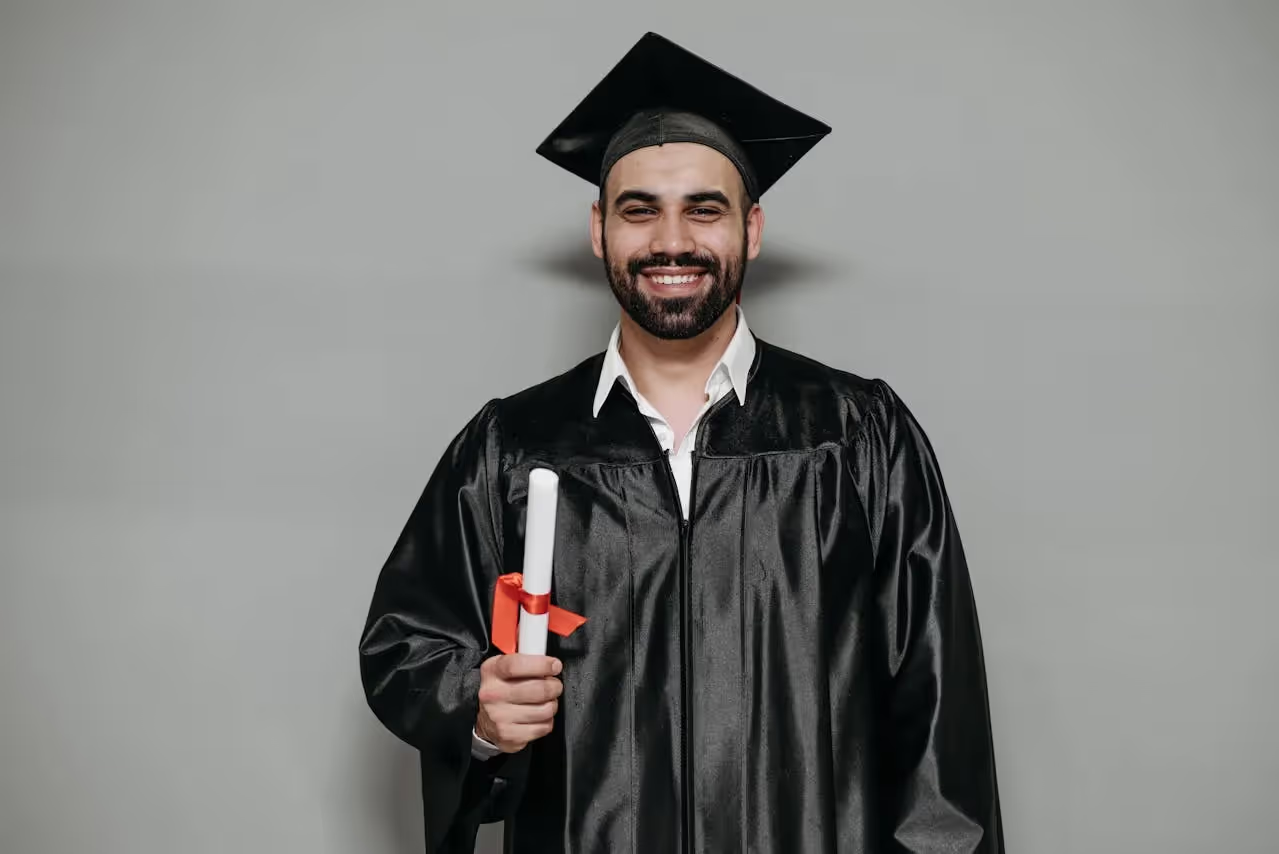Understanding FAFSA Eligibility: Who Can Apply for Federal Student Aid?
Are you considering college or vocational school and wondering if you can get help paying for it? The Free Application for Federal Student Aid—known as FAFSA—could open doors to grants, scholarships, work-study, and loans. Knowing if you are eligible for FAFSA is a crucial step that can help you plan for an affordable college experience.
Basic FAFSA Requirements for Financial Aid in the U.S.
Americans from many walks of life benefit from federal financial aid each year. The eligibility guidelines are broad, but not everyone qualifies. Here are the most important criteria you must meet to be eligible for the FAFSA:
- Citizenship or Eligible Noncitizen Status: You must be a U.S. citizen or an eligible noncitizen (such as a permanent resident with a Green Card, or certain other eligible statuses).
- Valid Social Security Number: You must have a valid Social Security number, with some exceptions for those from certain U.S. territories.
- High School Diploma or Equivalent: A high school diploma, GED certificate, homeschool completion, or other recognized equivalent is required.
- Enrollment Status: You should be enrolled or accepted for enrollment as a regular student in an eligible degree or certificate program.
- Satisfactory Academic Progress (SAP): Students must maintain satisfactory grades and satisfactory progress as defined by their college.
- Selective Service Registration: Male students aged 18-25 must be registered with the Selective Service System (not required as of the 2021-22 FAFSA, but past non-compliance may affect eligibility).
- No Default on Federal Student Loans: You cannot be in default on a federal student loan or owe a grant refund.
- Sign Statements on the FAFSA Form: You must certify that the information you provide is correct and that you will only use the federal aid for educational purposes.
Who Is Most Likely to Receive the Maximum Amount of Federal Student Aid?
Some students qualify for more aid based on their financial circumstances and background. Here are groups who often receive the highest awards from programs like the Pell Grant or Federal Work-Study:
- Low-income students: If your family has a low Expected Family Contribution (EFC), you may be eligible for more need-based aid such as Pell Grants.
- Independent students: Students over 24, veterans, married individuals, or students with dependents might be considered independent, which can increase aid eligibility.
- Students with siblings in college: Having more than one student from a family attending college may decrease your EFC, resulting in potential for higher aid amounts.
- Single-parent families: Students from single-parent or single-income families can have increased aid eligibility due to lower household income.
Applying as early as possible during the FAFSA period and updating your application if your circumstances change can help maximize your aid.
Common Groups That May Not Be Eligible for FAFSA
While many students qualify, some do not meet the criteria. Typical examples include:
- International students: Most international students are not eligible, unless they meet specific noncitizen requirements.
- Students in default: If you have defaulted on past federal student loans, you must make arrangements to repay before regaining eligibility.
- Non-degree or certificate track students: Individuals not pursuing an eligible program do not qualify for aid through FAFSA.
- Undocumented students: Unless you have Deferred Action for Childhood Arrivals (DACA) status or another covered category, you may not receive federal aid through FAFSA.
Special FAFSA Eligibility Scenarios: Parental Circumstances and Legal Status
Questions about who qualifies for financial aid often revolve around family or legal status. Consider these circumstances:
- If your parents are undocumented, but you have a Social Security number and fit other eligibility rules, you may still complete FAFSA as a U.S. citizen or permanent resident.
- Emancipated minors, wards of the court, or students in foster care can file FAFSA as independent students, often increasing their eligible aid.
- If your family’s finances change due to job loss, divorce, or medical expenses, contact your school’s financial aid office to request a professional judgment review after submitting your FAFSA.
What Types of Financial Aid Can You Get Through FAFSA?
Eligibility for FAFSA opens doors to multiple kinds of financial assistance:
- Pell Grants: Need-based grants that do not require repayment.
- Federal Supplemental Educational Opportunity Grants (FSEOG): Additional need-based aid for very low-income students.
- Direct Subsidized and Unsubsidized Loans: Federal student loan options with favorable terms.
- Federal Work-Study: On-campus or partnered work opportunities for eligible students.
- State and School-Based Aid: Many state and college programs use your FAFSA to award scholarships or grants.
Always submit your FAFSA even if you think you might not qualify. Many scholarships and state programs require the federal application for consideration.
When to Apply for FAFSA to Maximize Eligibility
FAFSA opens every year on October 1st. Deadlines vary by state and school. Applying early increases your chances for programs with limited funding like FSEOG and work-study. Check your school’s and state’s financial aid deadlines and plan to file as soon as possible after the application opens.
Frequently Asked Questions About FAFSA Eligibility
Can graduate students apply for FAFSA?
Yes, graduate and professional students can use the FAFSA to apply for federal financial aid. Most grants are only available to undergraduates, but loans and work-study are often options for grad students.
Do I need to provide my parents’ income on FAFSA?
Most students under age 24 must include parental income and information unless they meet conditions for independent status (such as marriage, military service, children, or emancipated minor status).
Can DACA students fill out FAFSA?
DACA recipients are not eligible for federal aid through FAFSA, but some states and colleges offer their own aid options. DACA students are encouraged to check with their financial aid administrator for state or institutional funding opportunities.
If my family income is too high, should I still apply for FAFSA?
Yes! Many scholarships, state aid programs, and some federal loans require a completed FAFSA, regardless of income. Some aid is not completely need-based, so it’s best to apply.
Can I file FAFSA if I am an emancipated minor or have no contact with my parents?
Yes. Emancipated minors, those under legal guardianship, or without parent contact may qualify as independent students on FAFSA and may not need to report parental income.
Key Takeaways for FAFSA Eligibility and Financial Aid Success
FAFSA provides opportunities for students from many backgrounds. U.S. citizens, permanent residents, and those in certain special categories can complete the form. Even if you think you might not get much, it's worth applying every year to unlock more financial aid possibilities. File early, check your status, and ask questions whenever your circumstances change. Your education is worth the investment and there is help available.











.svg)



